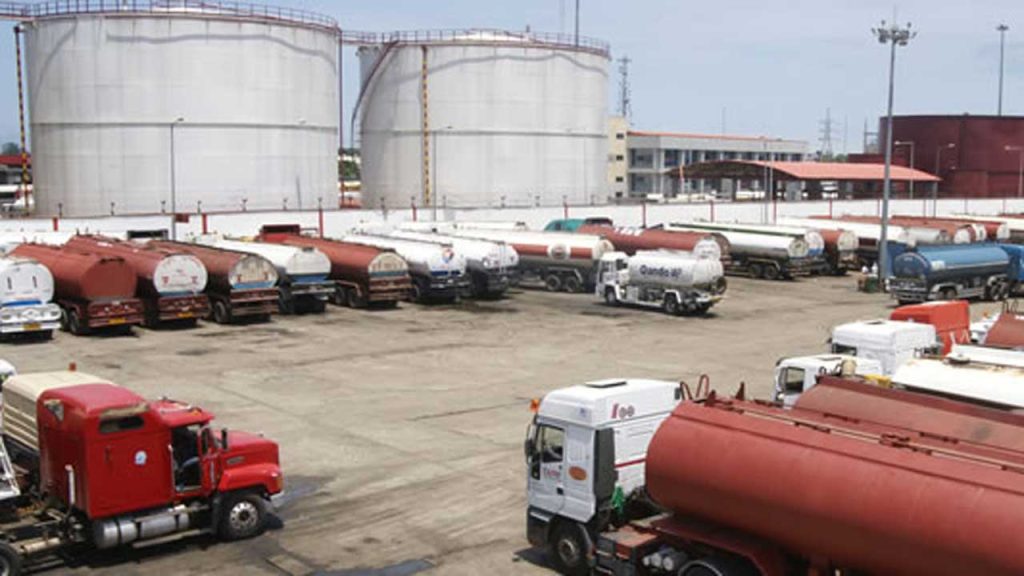
The Association of Road Transport Owners on Friday, said the union called off its industrial action following the intervention of the Federal Government.
This was revealed by the president of the association, Yusuf Lawal, as he highlighted the critical role of truck drivers in the petroleum products supply chain at a meeting between the House of Representatives Committee on Petroleum Resources (Downstream), NARTO, and the Petroleum Products Retail Outlets Owners Association of Nigeria in Abuja on Friday.
Lawal stressed that the union is offering its services at a loss due to the cost of subsidy removal and the rise in the cost of the dollar.
The union, however, called on the Federal Government to come up with policies aimed at alleviating the plight of truck drivers in the country.
According to the president, the movement of petroleum products and supplies relies on petroleum tankers and trucks which makes the road too busy and prone to damage all the time.
He said; “After nobody expressed willingness to negotiate with us, we had no option but to park the trucks and wait for further intervention. It is unfortunate that our services are not recognized by the Federal Government and even by the citizens of this country.
“Let me give you a typical example. We are paid N30 per litre to lift Petroleum Motor Spirit from Lagos to the NNPC depot in Suleja. N30 per litre of 40,000 litres is N1.2m.
“The truck consumes a minimum of 900 litres of diesel at N1,500 per litre which is about N1.450m, which is N250 above the fret rate.
“The N1.3m fret rate is subject to 5 per cent withholding tax deducted and payable to the Federal Inland Revenue Service, which is shared to the three tiers of government without even thinking or considering the drivers allowance, wages, salaries. So, it is difficult if not impossible for a transporter to load a truck from Lagos to any depot .
“The emergence of NARTO was as a result of the failure of NNPC now NNPCL to put our pipelines in operation. If we had our pipelines across the country which were designed to move petroleum products from where it was produced or imported to the various NNPC depots across Nigeria, we wouldn’t have these problems.
“We are happy that the committee invited us to this meeting at this crucial time in our nation’s history where our economy is faced with high inflation and the deteriorating exchange rate of the naira.” He added.